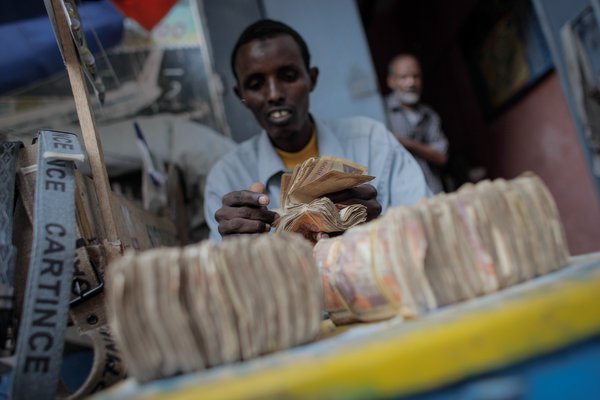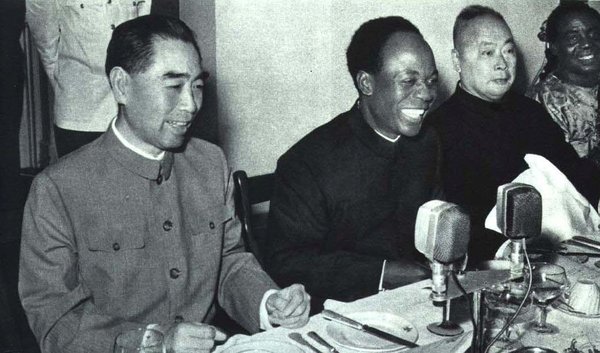
Workers at a local currency exchange and money transfer office provide service to customers. Photo by ILO/Apex Image . CC BY-NC 4.0.
This paper was authored by Lorraine Wong and Elizabeth Weathersby of the International Labour Organization (ILO).
Abstract
Extensive literature on remittances indicates women tend to allocate remittances towards their children and healthcare, while men often spend on consumables. Using data from the MIDEQ survey in 2021 from migrants in Brazil, Burkina Faso, Côte d’Ivoire, Ghana, and Haiti, we present descriptive evidence of gender-specific remittance patterns across countries. Contrary to the literature, we do not observe a clear relationship between the gender of the remitter and the receiving household member. The origin data collected from migrant households (in Burkina Faso and Haiti) reveal that remittances sent by migrant men are more often spent on savings, capital, durable goods, and major life events, with no significant gender difference in human capital allocation. The destination data collected from remitters (in Brazil, Côte d’Ivoire, and Ghana) reveal no discernible gender difference in remittance allocation. Overall, we reveal mixed evidence of gender differences across countries and confirm the positive impact of remittance on household savings and human capital investments.



